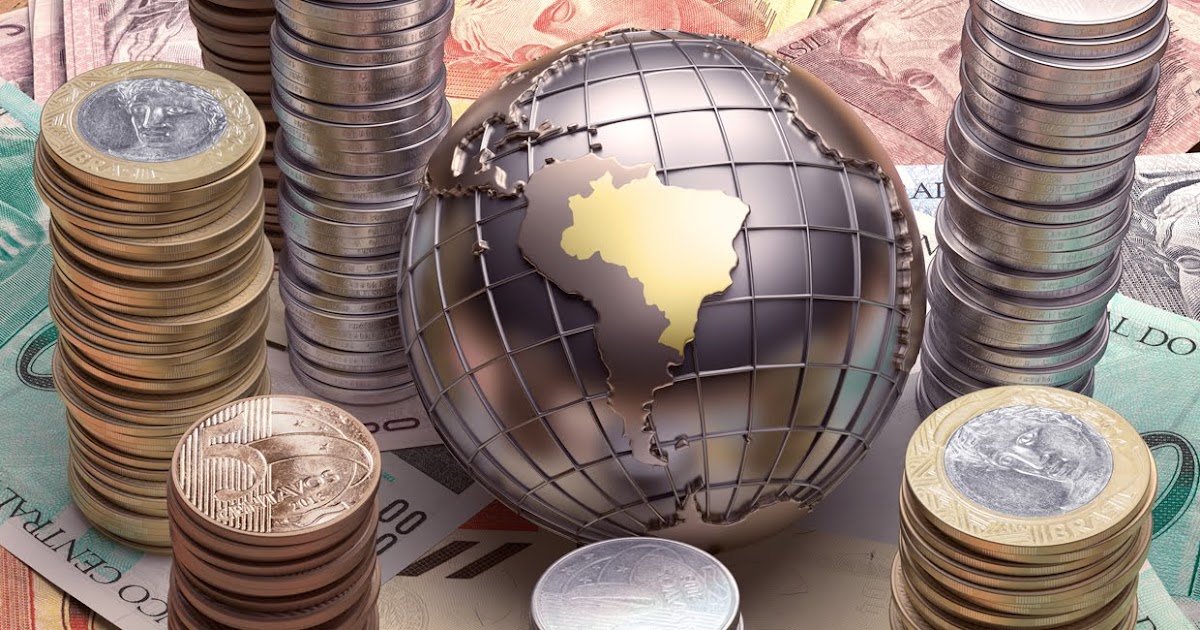Brazil’s economic growth will drop from 2.8% in 2022 to 1.2% next year, according to the OECD (Organization for Economic Cooperation and Development) projection released on Tuesday (Nov. 22).
In September, the entity predicted economic growth of 2.5% for this year and 0.8% for 2023.
Despite the small improvement, the organization states that the sector’s development will be lower in the first year of the new government of Luiz Inácio Lula da Silva (PT, left).

According to the OECD report, the deteriorated global scenario, the more restrictive fiscal policy, and the effect of the increase in interest rates are some of the factors responsible for the deceleration of the GDP (Gross Domestic Product) growth from 2.8% in 2022 to 1.2% in 2023, before a slight improvement to 1.4% in 2024.
In addition, higher inflation, more expensive credit, and the stabilization of real wage growth are also influencing the estimated figures.
Monetary policy is expected to remain tight, with the current interest rate of 13.75% unchanged until 2023.
According to the text, the rate should remain at that level until a downward inflation trajectory is recorded.
“Uncertainties surrounding future fiscal policy may destabilize financial markets, requiring the Central Bank to keep interest rates high for longer, which would weigh on growth,” says the OECD.
The entity also says that a review of the fiscal capacity is necessary since complying with the current rules is becoming “increasingly difficult” because of the conflict between a ceiling that “limits” the increase in government spending and a “strong rigidity” budget.
Like mandatory spending – which represents 92% of the budget.
“Reforms to limit mandatory spending, along with a stronger fiscal framework, could provide some relief for fiscal policy,” he says.

